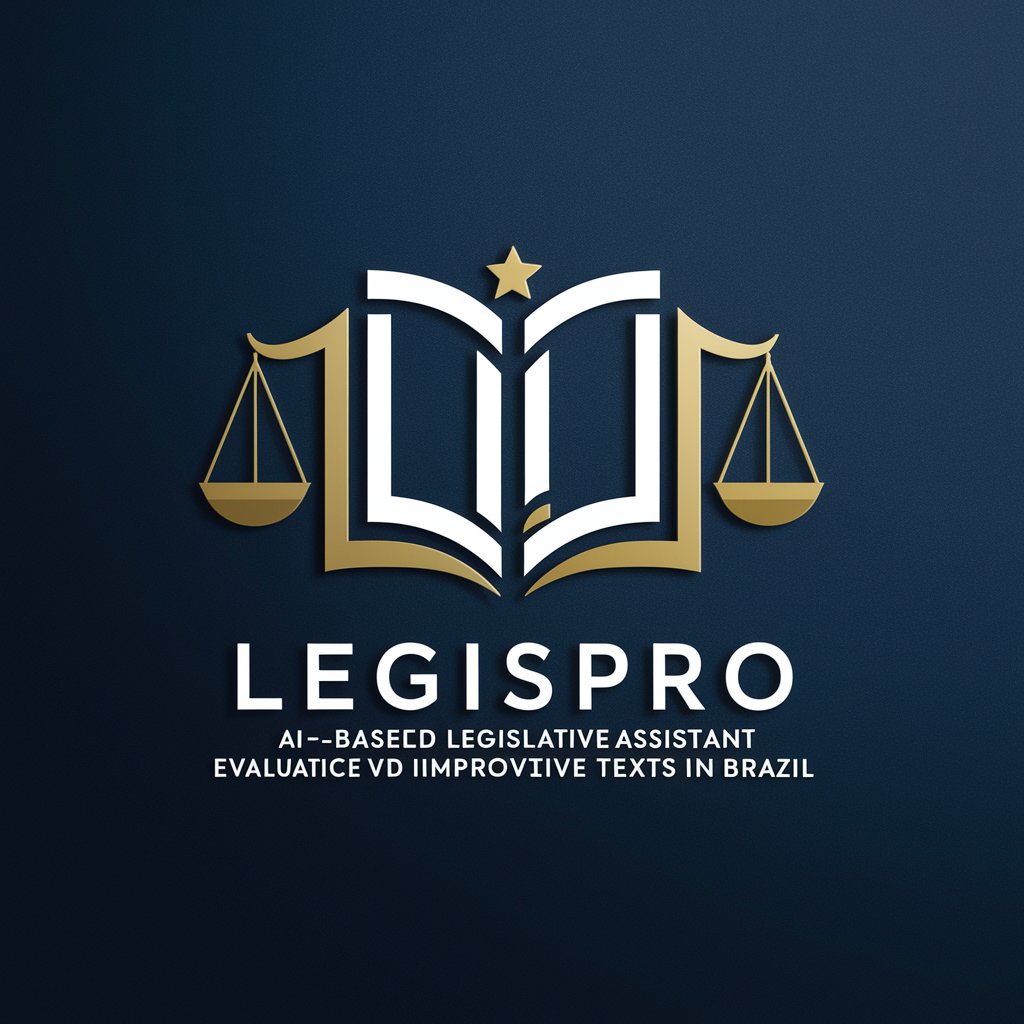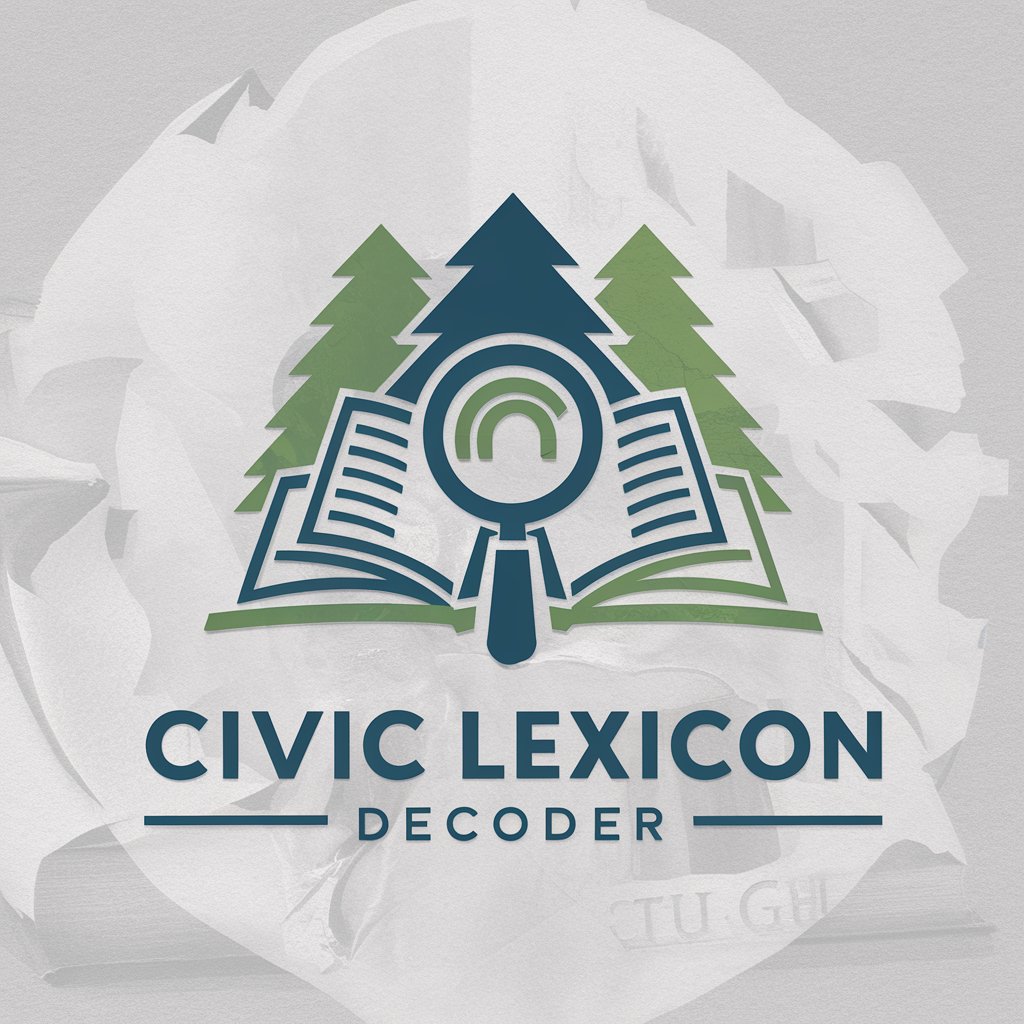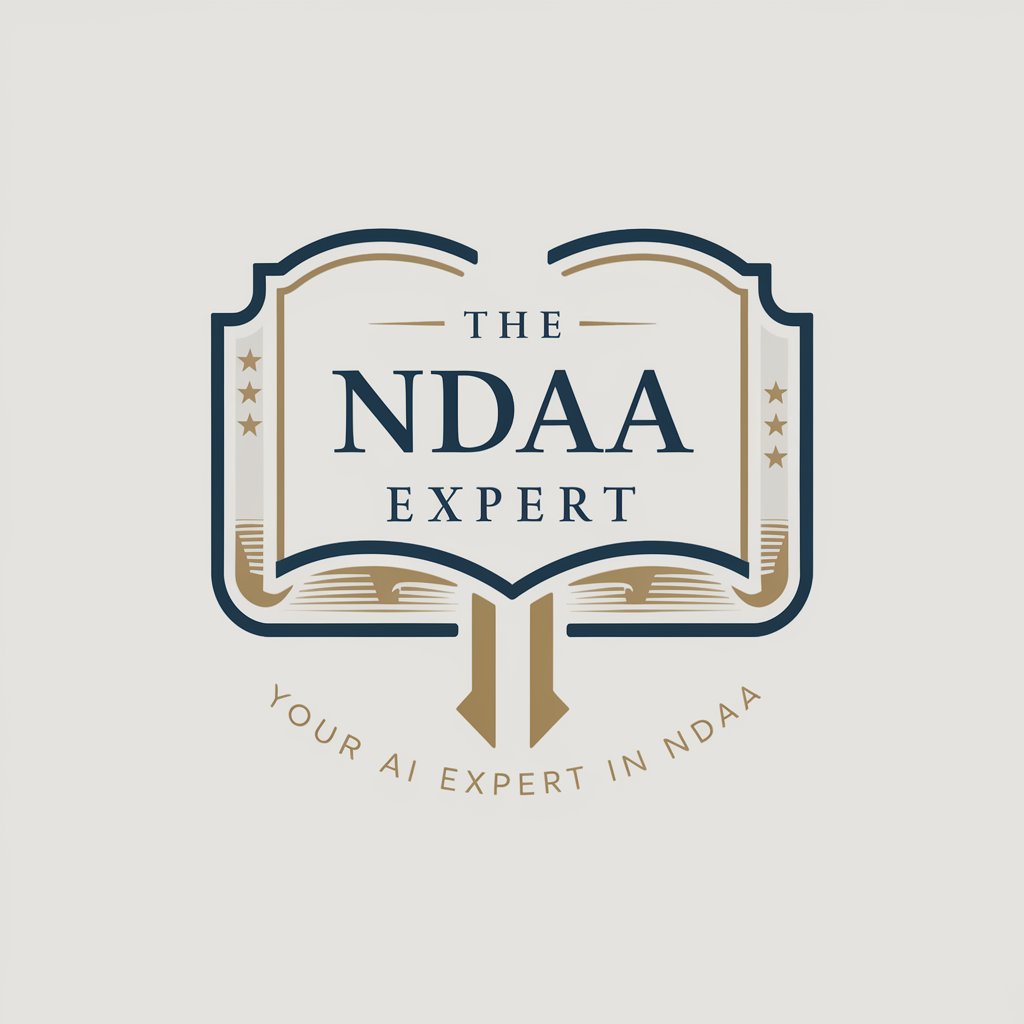4 GPTs for Legislative Education Powered by AI for Free of 2026
AI GPTs for Legislative Education are advanced AI tools, specifically designed to assist and enhance the learning and understanding of legislative processes and laws. These tools utilize the capabilities of Generative Pre-trained Transformers (GPTs) to provide customized, interactive, and detailed insights into legislative texts, procedures, and implications. Their relevance is paramount in educating individuals about the complexities of legislation, making the information more accessible and understandable.
Top 4 GPTs for Legislative Education are: LegisPro,Toronto City Council Guide,Civic Lexicon Decoder,The NDAA Expert
LegisPro
Empowering Legislative Excellence with AI

Toronto City Council Guide
Navigate Toronto's Civic Landscape with AI

Civic Lexicon Decoder
Demystifying Government Language with AI

The NDAA Expert
Demystifying NDAA with AI-powered Expertise

Essential Attributes of Legislative GPTs
AI GPTs for Legislative Education are distinguished by their adaptability and comprehensive capabilities. They can range from simple explanatory functions to complex analytical tasks, offering tailored solutions for legislative learning. Unique features include advanced language understanding, technical support, web searching, image creation, and data analysis, all optimized for the legislative domain.
Who Benefits from Legislative GPTs
The primary beneficiaries of AI GPTs for Legislative Education include novices seeking basic legislative knowledge, developers integrating these tools into larger systems, and professionals requiring detailed legislative insights. These tools are designed to be accessible to users without coding skills, while also providing advanced customization options for those with technical expertise.
Try Our other AI GPTs tools for Free
Professional Legal Assistance
Revolutionize your legal tasks with AI GPTs – cutting-edge tools designed for efficient, accurate, and tailored legal assistance. Ideal for professionals seeking to enhance productivity and accuracy in legal endeavors.
Brazilian Law Compliance
Discover AI GPTs for Brazilian Law Compliance: an innovative suite of tools transforming legal research, document analysis, and regulatory adherence. Tailored for professionals and novices alike, these AI solutions redefine efficiency in Brazil's legal landscape.
Meal Nutritional Analysis
Discover the power of AI GPTs in Meal Nutritional Analysis. These tools offer tailored, user-friendly solutions for comprehensive dietary insights and health management.
Packaged Food Evaluation
Explore the cutting-edge AI GPTs for Packaged Food Evaluation, tailored for comprehensive analysis of food products. These tools offer multilingual support, image analysis, and up-to-date food standard compliance, ideal for professionals and novices alike.
Dietary Planning Support
Discover AI GPTs for Dietary Planning: your AI-powered companion for personalized dietary advice and meal planning, tailored to your health goals and preferences.
Health Conscious Eating
Discover AI GPT tools for Health Conscious Eating: personalized, adaptable solutions for nutritional guidance and healthier lifestyle choices.
Further Understanding of Legislative GPTs
AI GPTs for Legislative Education are not just tools for understanding legislation; they are partners in the educational journey. With user-friendly interfaces and the ability to integrate seamlessly with existing systems, these tools are transforming the way individuals and organizations interact with legislative content, making it more accessible, engaging, and insightful.
Frequently Asked Questions
What exactly are AI GPTs for Legislative Education?
AI GPTs for Legislative Education are sophisticated tools that use AI and machine learning to facilitate the learning and understanding of legislative texts and processes. They are designed to decode complex legal language and provide user-friendly explanations.
Who can benefit from using these AI GPT tools?
These tools are beneficial for a wide range of users, including students, legal professionals, and individuals interested in understanding legislative processes. They are user-friendly and do not require prior coding knowledge.
Can these tools adapt to different legislative systems?
Yes, AI GPTs for Legislative Education are highly adaptable and can be tailored to understand and explain the nuances of various legislative systems worldwide.
Are there customization options for users with coding skills?
Absolutely, users with coding skills can further customize these tools to fit specific requirements or integrate them into existing systems for more advanced functionalities.
What makes AI GPTs stand out in Legislative Education?
AI GPTs stand out due to their ability to process and interpret complex legal texts, provide accurate and user-friendly explanations, and their adaptability to cater to a wide range of learning needs and professional applications.
Is technical support available for these AI GPT tools?
Yes, comprehensive technical support is typically provided to assist users in navigating, customizing, and maximizing the potential of these tools.
Can these tools perform tasks like web searching or image creation?
Yes, alongside their legislative education functions, these tools are often equipped with additional features such as web searching and image creation, making them versatile aids in legislative learning and presentation.
How do AI GPTs ensure the accuracy of legislative information provided?
AI GPTs are trained on vast datasets of legislative documents and utilize advanced algorithms to ensure the accuracy and relevancy of the information they provide. Regular updates and checks are conducted to maintain the quality of content.